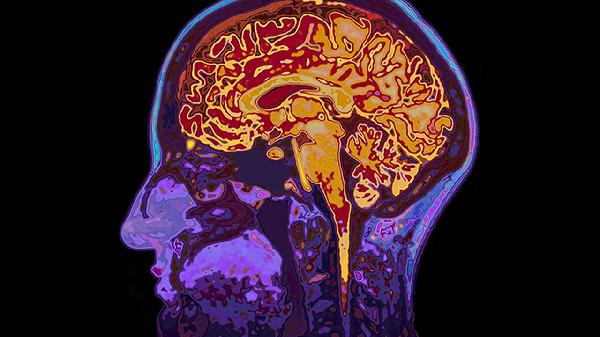Depression doesn’t always need a dramatic showdown with therapy or medication—sometimes, the real game-changers are hiding in plain sight. While therapy and meds are crucial for many, there are a few unexpected "enemies" of depression that most people overlook. These sneaky little warriors can pack a serious punch against low moods, and the best part? They’re probably already part of your life—you just didn’t realize their superpowers.

Gut Bacteria: The Tiny Mood Managers
Turns out, your gut isn’t just for digesting tacos—it’s also a mood regulator. Scientists have found that the gut microbiome (the trillions of bacteria living in your digestive system) plays a huge role in mental health. A healthy gut can boost serotonin production—yep, the same "happy chemical" targeted by antidepressants.
But how do you keep your gut army strong? Probiotics (found in yogurt, kefir, and fermented foods) and prebiotics (hello, bananas and garlic) feed the good bacteria. And if your gut’s out of whack, it might be sending distress signals straight to your brain. So next time you’re feeling down, maybe skip the junk food and grab some kimchi instead.
Sunlight: The Free Antidepressant
You’ve probably heard that sunlight gives you vitamin D, but did you know it can also help regulate mood? Lack of sunlight—especially in winter—can trigger seasonal affective disorder (SAD), a type of depression linked to low light exposure. But even outside of winter, soaking up some rays can boost serotonin and help reset your internal clock for better sleep.
And no, sitting by a window doesn’t count. Your skin needs direct (but safe!) sunlight to do its magic. Just 10-15 minutes a day can make a difference. If you live somewhere gloomy, a light therapy lamp might be your next best investment.
Movement: The Sneaky Mood Booster
Exercise is often the last thing you want to do when you’re depressed, but here’s the kicker—it doesn’t have to be a hardcore gym session. Even small movements, like stretching, walking, or dancing like no one’s watching, can release endorphins (your brain’s natural painkillers and mood lifters).
The best part? You don’t need to run a marathon. Studies show that low-intensity activities, like yoga or a leisurely bike ride, can be just as effective for some people. The key is consistency—moving a little every day keeps the mental fog at bay.
The Takeaway
Depression is complex, and what works for one person might not work for another. But before you write off your funk as untouchable, consider these undercover mood boosters. Sometimes, the smallest changes—like eating gut-friendly foods, catching some sun, or just moving your body—can make a bigger difference than you’d expect. And hey, if tacos are part of the equation, just make sure they’re loaded with probiotics.
























